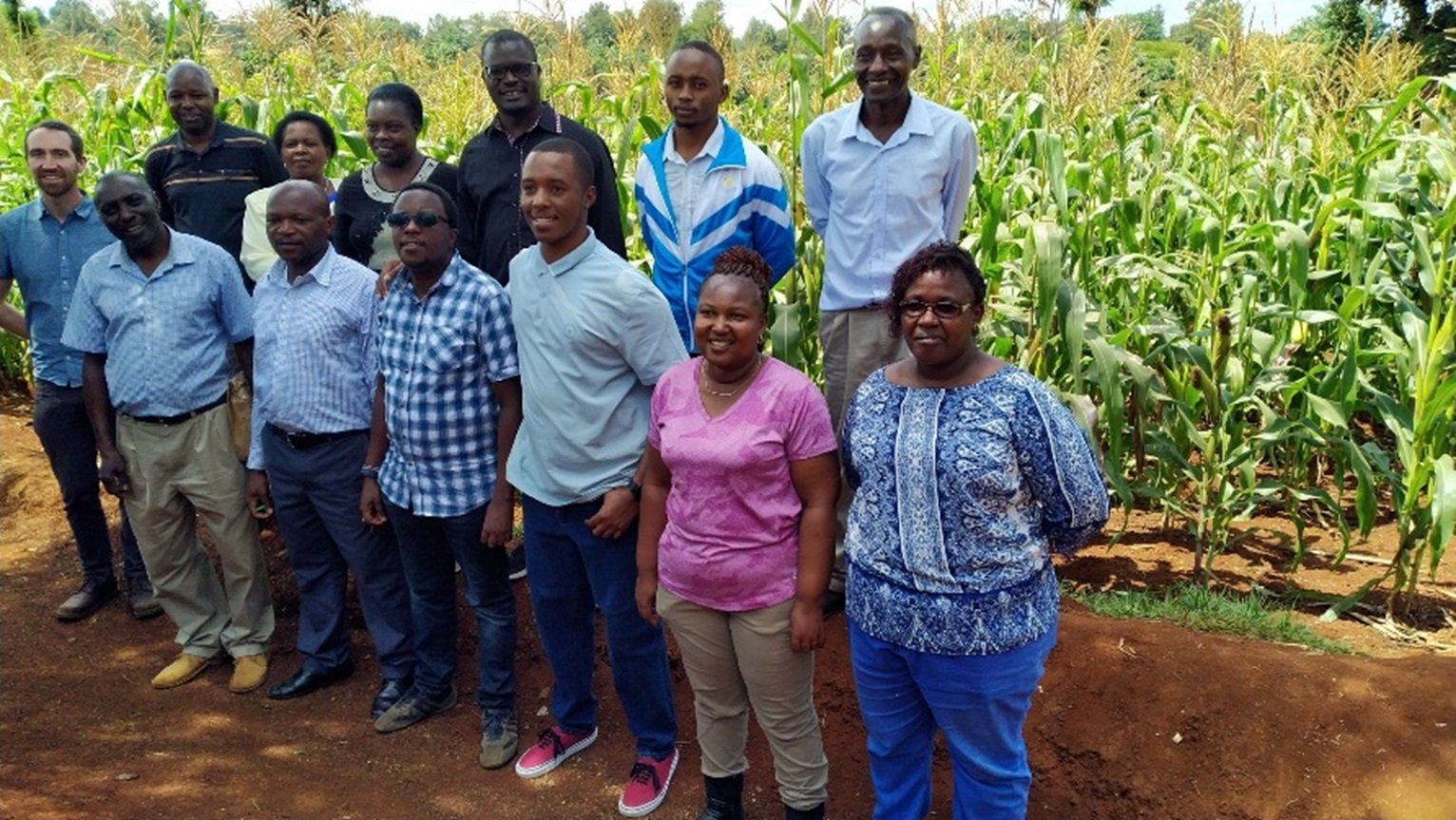Stakeholder consultation workshops in Kenya
At LANDMARC, we are exploring how we can address climate change through innovative land-use practices. This endeavor entails an in-depth examination of the potential environmental, economic, and social advantages and trade-offs associated with altering land utilization to enhance the capture and storage of carbon.
To achieve this goal, we engage with stakeholders who possess expertise in the agriculture, forestry, and various land-use sectors within the countries where we operate. Their insights are invaluable in helping us gain a comprehensive understanding of the implications and feasibility of these proposed changes.
As part of this effort, in July a team of LANDMARC researchers, led by ETH Zürich, conducted two stakeholder consultation workshops in Western and Central Kenya.
Discussion Points & Main Takeaways
In the workshops, they discussed two main topics:
The first topic centered around assessing the suitability of utilizing DayCent for predicting the potential of integrated soil fertility management (ISFM) in Kenya on a larger scale.
The second topic revolved around their approach to redesigning the four ISFM/SOM trials in Kenya, aiming to advance ISFM practices through intercropping and rotations involving legumes and grasses.
Each site visit began with an inspection of their field trials, followed by deliberations regarding the models, viable future designs, and the importance of continuous stakeholder engagement in the forthcoming trial phases. The discussions yielded positive outcomes, with the trials being recognized as valuable showcases underscoring the long-term significance of soil fertility in achieving sustainable maize yields. There was also interest in utilizing models to gauge yield potentials, with DayCent outputs considered highly valuable for decision-making.
During these discussions, there was a suggestion to adjust input levels to align with what local farmers could afford, a consideration that would inform the design of ISFM scenarios for DayCent simulations at the national scale of Kenya. It was noted that while farmers were affected by climate change, they generally did not perceive their contributions to greenhouse gas (GHG) emissions as significant, especially when compared to industrialized countries.
Moreover, there was limited trust in carbon sequestration certificates and similar mechanisms, with some stakeholders viewing GHG trading primarily as a policy instrument favoring larger actors. They cited an example of an unsuccessful attempt to ban the use of manure due to concerns about presumed higher GHG emissions, despite the fact that manure had proven to be the most effective treatment for maintaining soil fertility in their trials. Some stakeholders suspected that fertilizer companies were behind certain GHG-related policies.
Workshop participants in Western Kenya
Workshop participants in Central Kenya
Conclusions
In summary, the workshops proved to be a highly informative and enriching experience. We extend gratitude to our collaborators from IITA, Embu University, and Kenyatta University for facilitating these workshops. Additional thanks to Mbeo for his valuable contributions and perspective during the workshops in central Kenya.




